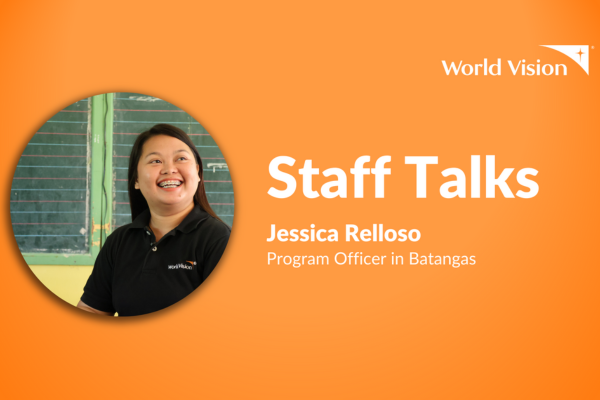North Cotabato stakeholders work together to boost abaca fiber industry in the province
KIDAPAWAN CITY— World Vision through Bank of America project, gathered representatives from the Philippine Fiber Industry Development Authority (PhilFIDA) Region 11, City Agrarian Reform Office, City Agriculture Office, Office of the Provincial Agriculture of North Cotabato, and from local cooperatives in August to discuss how they can further boost the abaca fiber industry.
In a report shared by Lea M.Zacarias, assigned Fiber Development Officer fromPhiFIDA- Region 11, the market demand for abaca fiber in 2016 has reached 82, 528 metric tons but local farmers only produced 72, 736 metric tons.
Local value chain and development (LVCD)
The 3-day meeting gave participants the opportunity to review their prevailing participation in the workflow of the local value chain and how local farmers can further improve their practices in the abaca industry.
During the group’s analysis, it was reported that in a hectare, a farmer can plant at least 1,000 hills of abaca integrated in fruit trees, coffee, coconut, falcata, rubber, and other natural trees in the protected areas. This will incur an estimated operating cost of around Php 27,000 and will likely add a quarterly income of almost Php 9,000 for each farmer.
Normelita, 46 years old and one of World Vision’s assisted families shared, “as a farmer, we need to ensure to plant good quality of abaca seedling in our area. This will help us to get good fiber and gain more income for our family especially for the welfare of our children.”
“It is necessary that every stakeholder understands their role in the local value chain. It helps various players to anchor strategically their development programs and services. Doing this will also lead to better investment and more income, especially among the most vulnerable families in North Cotabato,” shared World Vision’s LVCD expert Jose Apollo Pacamalan.
Throughout the workshop, priority products with the highest production and market potential were identified. Participatory value analysis was conducted, resulting to the Abaca Industry Business Model for North Cotabato, particularly in Kidapawan City.
Integrating the value chain in the government system
MarichanBrillantes, the focal person for abaca industry in the office of the Provincial Agriculture (OPAG) looks forward to the final output of the workshop and shared that it will be a significant material to access more support from the Provincial government of North Cotabato.
The Abaca Industry Business Model, with further inputs from both the municipal and provincial agriculture offices, is expected to lead to the creation of a clear and viable Provincial Abaca Investment Plan.
Written by: Rex Rubio, World Vision/ September 2018
Your help creates a brighter future for children.
When you become a partner, you can support the cause closest to your heart. Choose from any of the programs: Economic Development, Child Protection or Disaster Preparedness.








